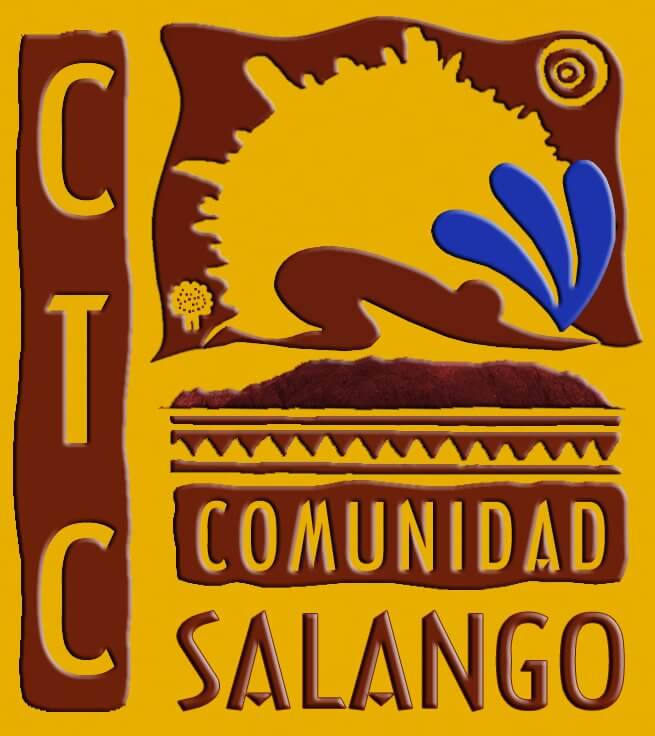FLORIDA ATLANTIC UNIVERSITY
ETHNOGRAPHIC FIELDWORK IN COASTAL ECUADOR
June 21, 2025 - August 3, 2025

This course provides the student with the opportunity to put anthropological methods and theories into practice through participation in a supervised fieldwork situation in a village in coastal Ecuador.
Doing ethnographic fieldwork is the hallmark of cultural anthropology. More than any other approach to the study of culture, it is the primary defining criterion for the discipline and its practitioners. For most anthropologists, having done fieldwork is both a fundamental rite of passage that moves one towards professional status and an important life event that in some fashion shapes the individual. This course attempts to recognize the importance of fieldwork to the student personally as well as to introduce the student to a series of methods that anthropologists use in the process of doing fieldwork and gathering data.

In general, students spend the first two weeks mapping and doing observation, while more slowly embarking on verbally intensive methods. By the third week, participants narrow their interests to a primary research topic that is focused on for the rest of the program. The final days are spent writing an ethnographic report.
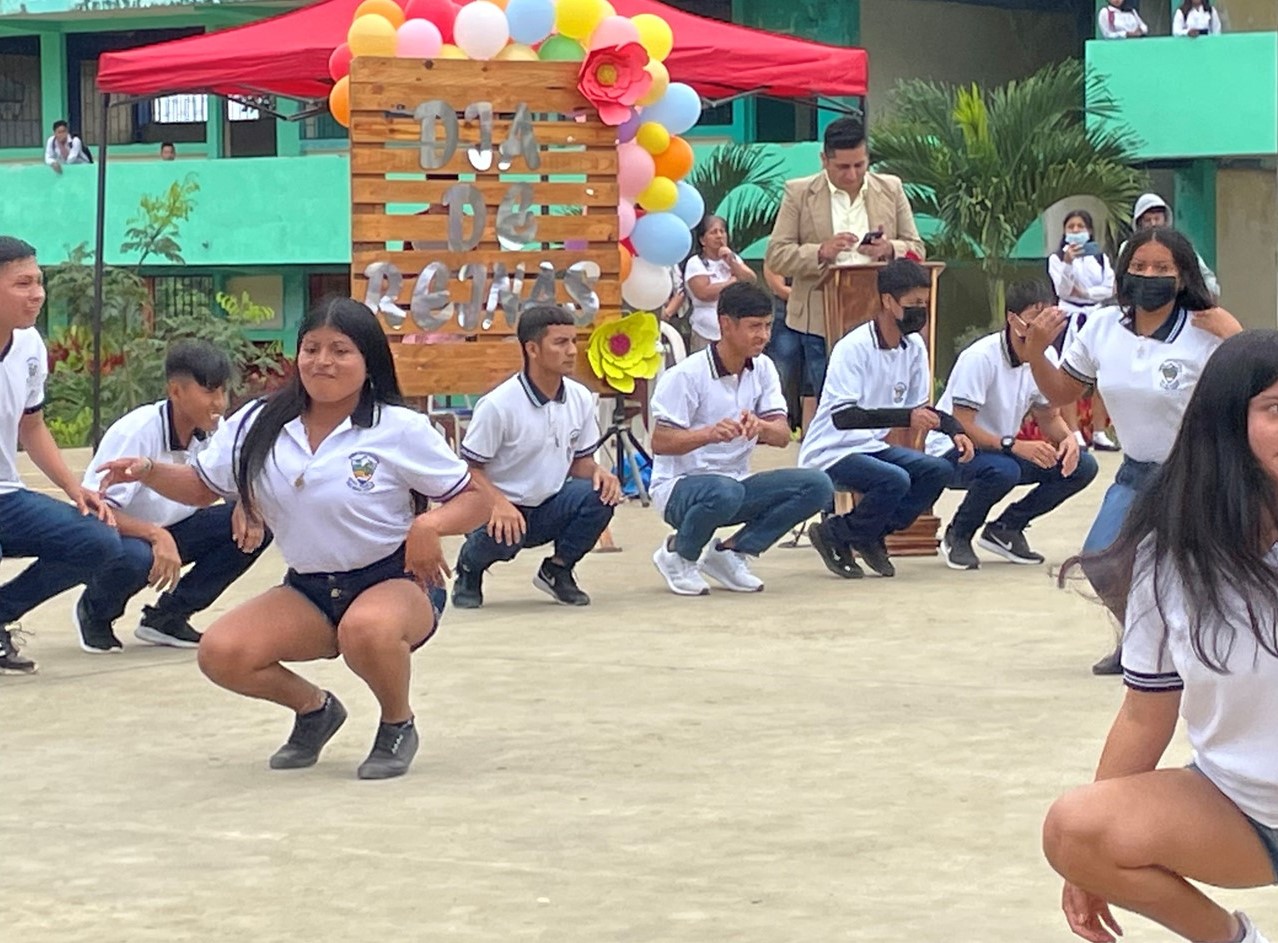
In the past students have focused on some of the following topics as women's roles, agriculture, fishing, young men's groups, education, health and disease, childbirth, evangelism, and card playing as a site of masculinity.
There is still plenty of work to accomplish on each of these and a wide array of topics that haven't been explored.
The program takes place in Salango in the Manabi province of Ecuador. It is a fishing village of approximately 1,200 inhabitants. Local economies are dependent on ocean products, with horticulture (manioc, corn, beans) practiced on nearby inland terraces, and tree crop cultivation (citrus, tagua, coffee) in low mountain areas.
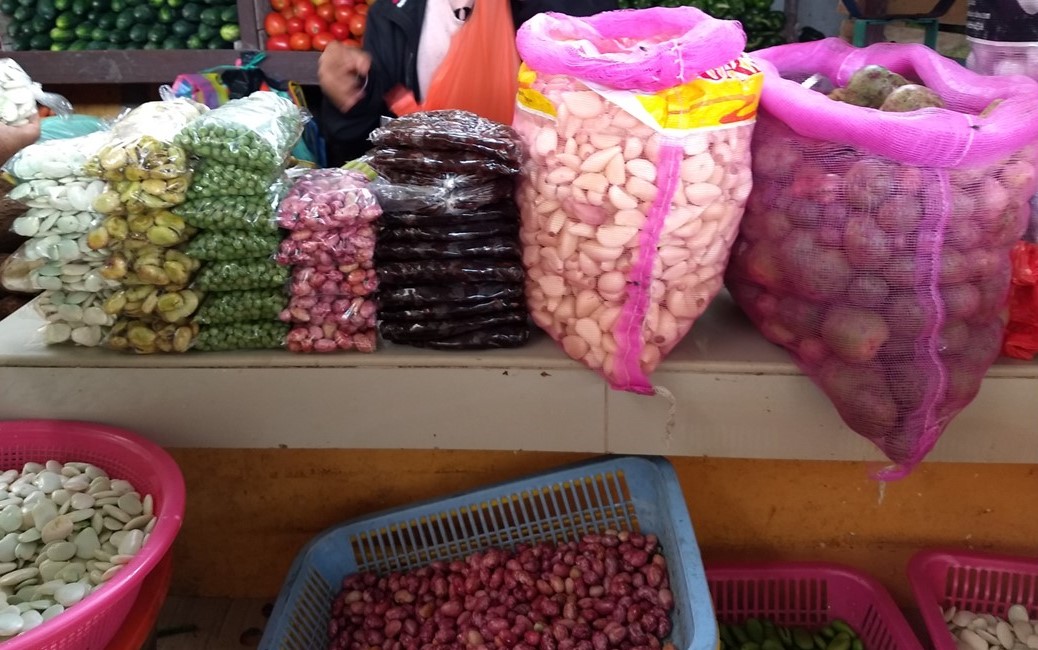
The coastal region of southern Manabi province is characterized by stretches of small mountains and hills that run along the coast. Most villages and towns are located seaside, adjacent to the beach. The closest town to the village of Salango is Puerto Lopez, a ten-minute ride by camioneta (a small truck used to transport goods and people). Puerto Lopez has an open-air market, numerous small shops, pharmacies, some doctors, a small hospital, and some restaurants.
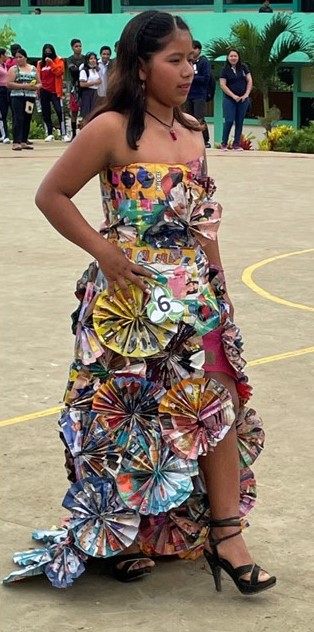
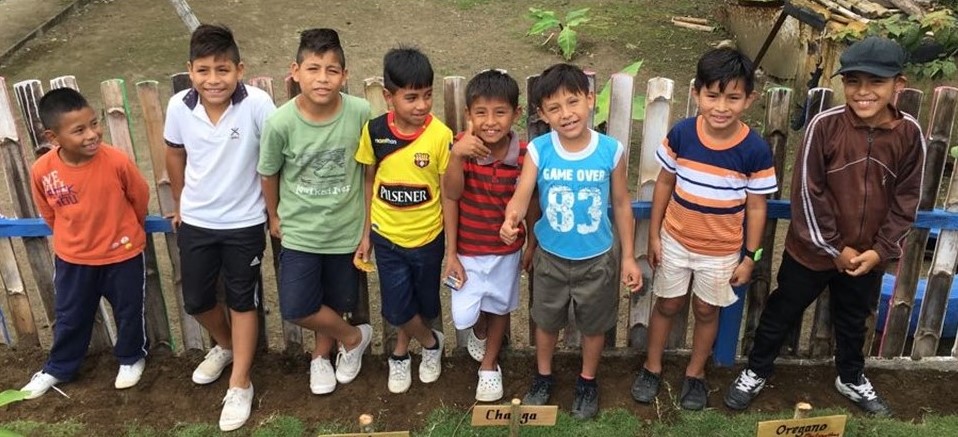
Student participants come from diverse backgrounds and with diverse interests. Some, but not all, are anthropology majors. Some speak Spanish very well, while others struggle mightily with both speaking and comprehending Spanish. The most important qualities required for this program are a willingness to place oneself in situations that demand concentration and alertness and a willingness to write daily, intensive field notes.
The program can satisfy the research requirements for a BA in Anthropology at Florida Atlantic University. The course is entitled, “Field Methods in Ethnographic Fieldwork,” ANT 4802, is offered for 3-6 credit hours. Students from other colleges and universities are welcome to participate in the program as a non-degree student and may have the option to register for 1 audit credit if they do not need the full course credit transferred back to their home institution. FAU tuition rates still apply.
Students live in a research center located in the village of Salango. The village has a few small stores, a church, restaurants and bars. The research center is a walled compound located on the beach. Students are housed in the Center's cabanas.
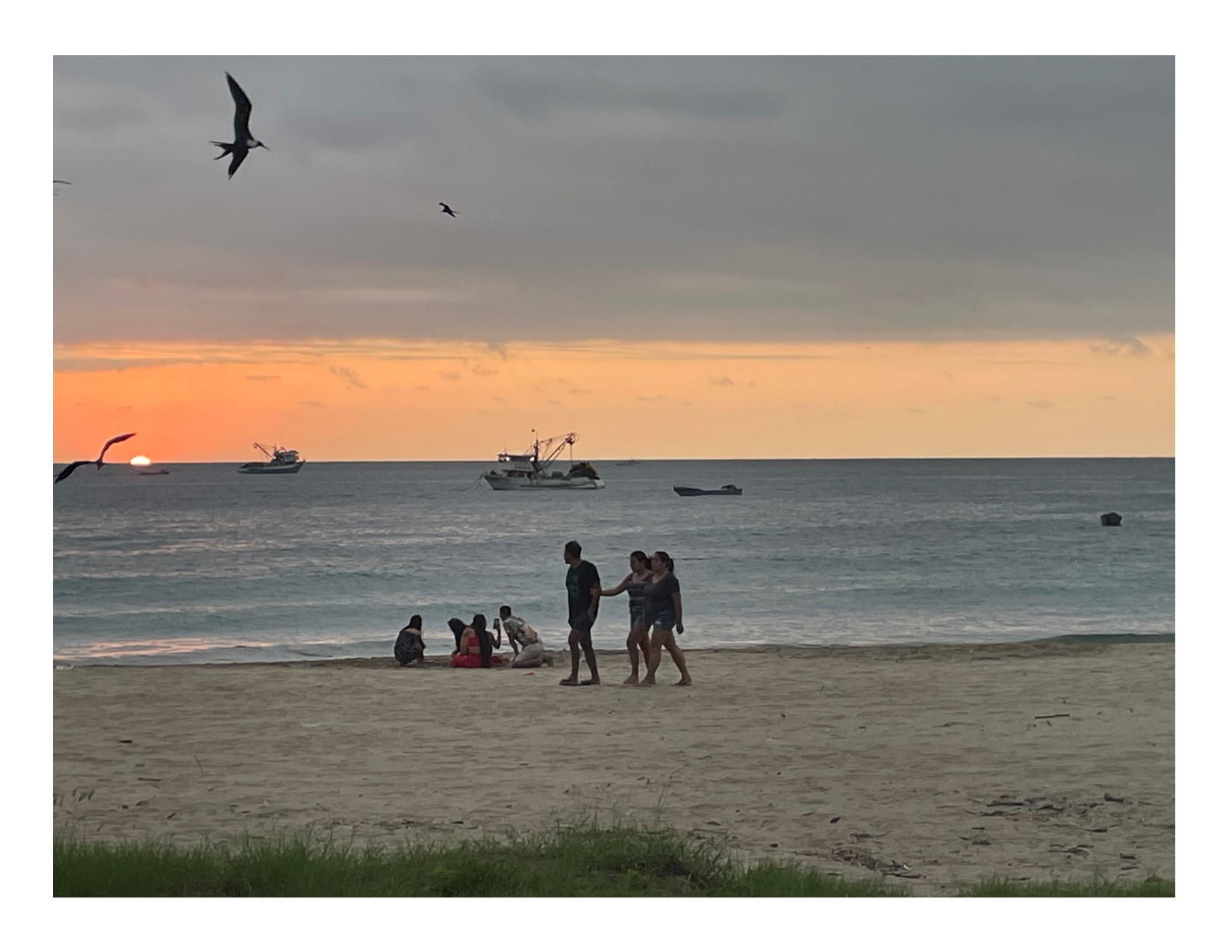
Adjacent to the beach, The Salango Research Center is the program’s base of operation. It is located in a walled, secure compound and is an excellent site for lodging students. There are computer facilities, a modern kitchen, showers and toilets. Breakfast and dinner are prepared at the Center by project cooks. Students make their own sandwiches for lunch.
The program is a joint effort between Florida Atlantic University’s Department of Anthropology and the following Ecuadorian institutions: the Comuna Salango and the Salango Research Center. Founded by Presley Norton in the 1970s, the Center is currently administered by the indigenous people of the village organized in a communal landholding entity known as the Comuna Salango.
The Salango Research Center houses an archaeological museum that attracts international visitors and is also open to the public. The Center has laboratories and facilities for international researchers and houses one of the most extensive faunal collections in South America
Application Deadlines
The deadline for applications is May 13, 2025. Early applications are encouraged to guarantee a spot in the Field School. Space is limited to 20 students per term. Students will be informed of their acceptance by phone or letter.
Please contact:
Valentina Martinez, Field School Director
Email: vmartine@fau.edu, or Phone 561-297-0991
Dr. Michael Harris, Anthropology Department Chairperson
Email: mharris@fau.edu, or Phone 561- 297-3230
